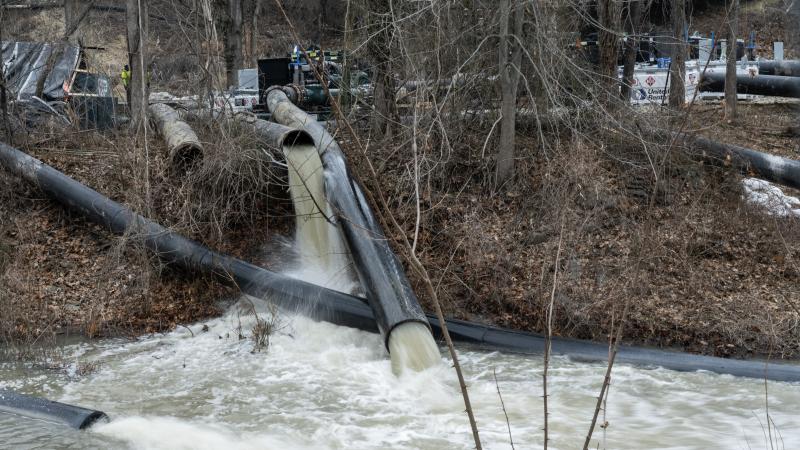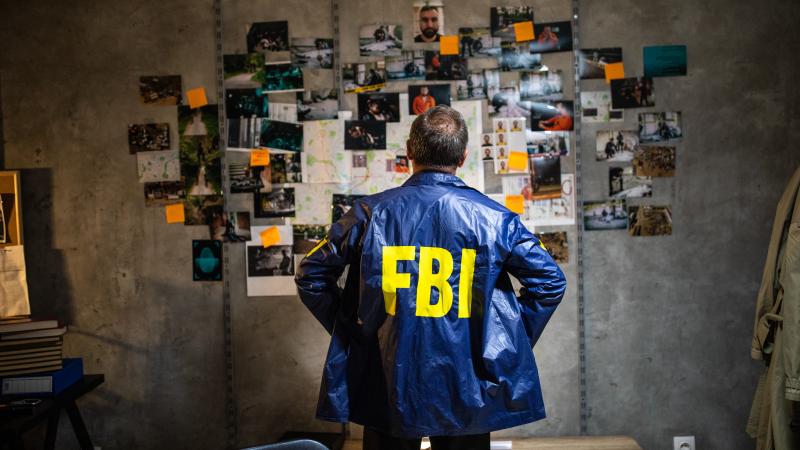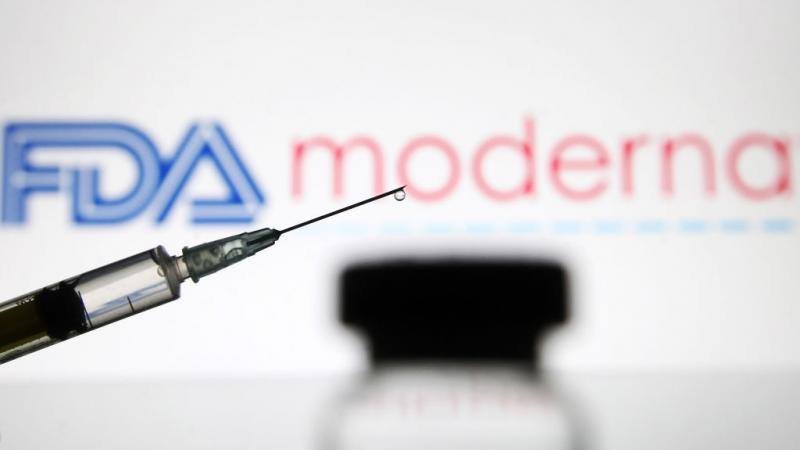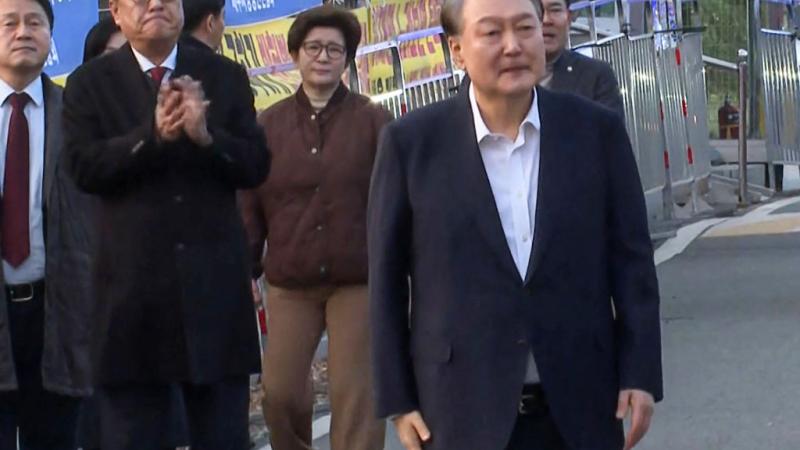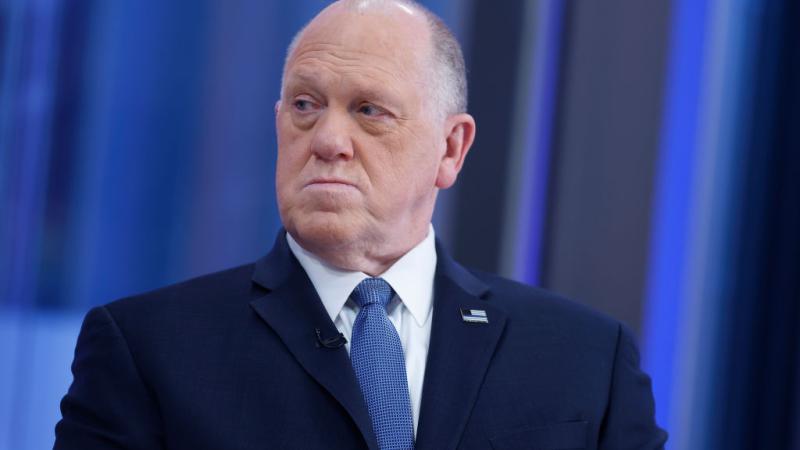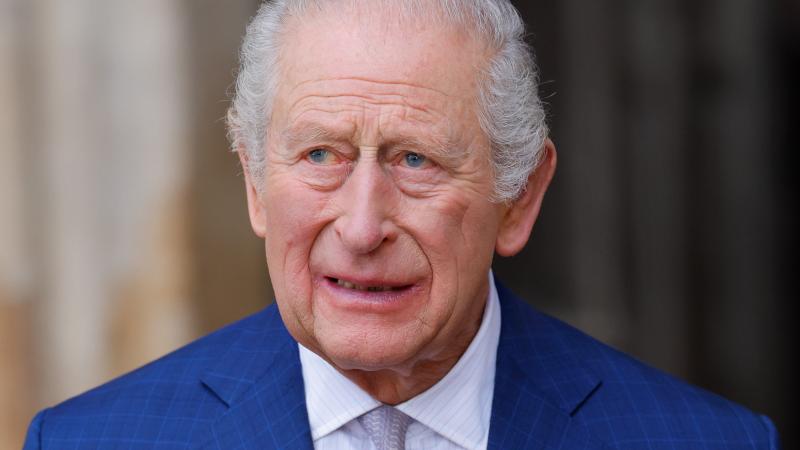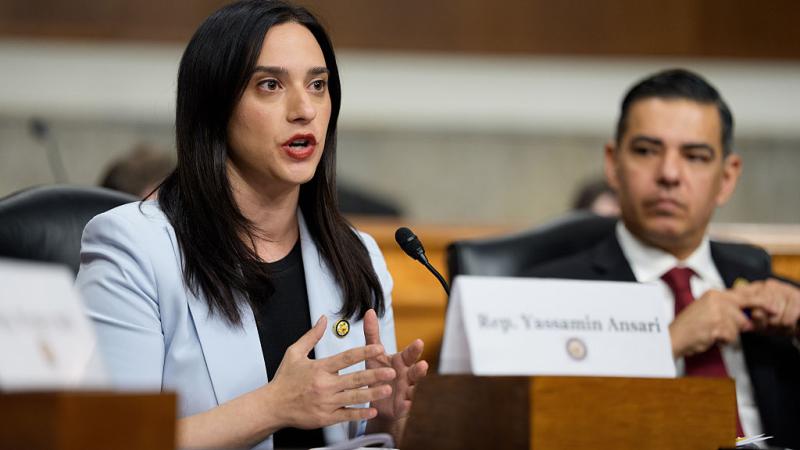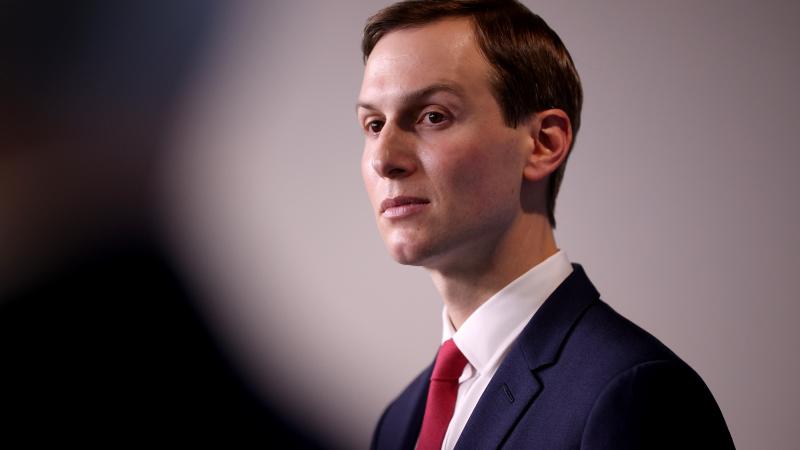Supreme Court debate in free speech case can't mask feds' pressure that censored some true stories
Bulk of narratives the feds sought to suppress turned out to have substantial merit if not completely vindication, often contemporaneously rather than in retrospect.
While weighing a major free speech case, the Supreme Court justices this week seemed to signal they might take a dim view of prohibiting federal officials from "significantly encourag[ing]" the content-moderation decisions of Big Tech platforms.
That has raised fears among First Amendment advocates that officials from the White House on down will retain substantial leeway to shape narratives in the new public square, even though there is evidence that their past efforts actually forced the censorship of true narratives during the 2020 election and COVID-19 pandemic.
"It ought to scare the heck out everybody that the government is able to build such an enterprise adapted to censoring people's speech and have such joint participation by these platforms," Louisiana Attorney General Liz Murrill told the Just the News, No Noise television show Thursday night.
What seemed to alarm Justice Samuel Alito alone in oral arguments Monday was how effective the feds' repeated badgering and scaremongering of platforms, and role in private speech policing, had been in determining what information and perspectives Americans could share and receive to make informed decisions about their health, their children's welfare and democracy itself.
Just the News itself got caught in the dragnet, reported to the Department of Homeland Security-conceived Election Integrity Partnership for "delegitimization" — quoting sources — and flagged by EIP among the top 20 "most prominent domains across election integrity incidents" cited by supposed purveyors of misinformation.
The FBI's San Francisco office ran a parallel operation to report election disinformation to social media companies for removal, according to Assistant Special Agent Elvis Chan, who estimated a 50 percent success rate and acknowledged he asked the public to give the feds tips.
The bulk of narratives the feds sought to suppress, extensively documented in legal discovery by Louisiana and Missouri, turned out to have substantial merit if not completely vindication, often contemporaneously rather than in retrospect.
The feds' poor track record did not dissuade two of the three past presidents from hosting high-profile events in late 2022 attacking supposed disinformation, despite their own administrations' credence for debunked narratives.
Just the News periodically reviews such turn-arounds and does so again in light of the Supreme Court hearing, which also spurred the Foundation for Freedom Online to share a new list of "10 Times The Censorship Industry Suppressed The Truth" on Wednesday.
Here are some examples:
SARS-CoV-2 may have come from a lab
Private scientists reviewing the novel coronavirus in early 2020 found telltale signs of lab manipulation, which was immediately plausible given the outbreak started near the Wuhan Institute of Virology in China and U.S. regulators funded WIV's coronavirus experiments.
But they changed their tune after conversations with Francis Collins and Anthony Fauci, then directors of the National Institutes of Health and the National Institute of Allergy and Infectious Diseases, leading to the "Proximal Origin" paper in Nature Medicine that conclusively ruled out the lab-leak hypothesis. The scientists privately thanked the duo for their role.
Fauci and Collins publicly promoted the paper without disclosing their involvement in its drafting, after a widely shared Lancet letter by leading scientists called non-natural scenarios "conspiracy theories" that foment "prejudice" against Chinese researchers.
Then-CDC Director Robert Redfield's hometown newspaper called him a racist for favoring lab-leak, and congressional Democrats tried to discredit a journalist whose investigation sided with lab-leak as a racist.
Fauci and Collins belatedly conceded that lab-leak was not a conspiracy theory after the FBI and Department of Energy said it was more plausible than natural origin.
COVID-19 vaccines can't stop transmission, have net harms for some groups
Breakthrough infections in summer 2021, which prompted the CDC to resume its mask recommendation, showed that the spring wave of COVID vaccinations had a short window of effectiveness against infection and transmission — an outcome never tested in trials.
Yet public health agencies and even President Joe Biden continued touting vaccines as a silver bullet against COVID, going so far as to claim that inoculated people wouldn't die even as the Delta variant broke through vaccinations.
The feds also repeatedly played down severe adverse events following COVID vaccination in some demographics, particularly young men and heart inflammation, as mild and transient despite reams of research finding the association.
Americans looking for credible research about the harm-benefit profile of COVID vaccines by age, underlying health and other factors often had to look abroad, since U.S. regulators continually promoted one-size-fits-all vaccination and funded little research.
Researchers in Thailand found a third of teen boys had "cardiovascular effects" after the mRNA primary series, and Israel's Ministry of Health and a subsequent Israeli study found a myocarditis risk of 1 in 3,000 to 6,000 in 16-24 year-old males and 25% jump in emergency heart visits for 16-39 year-olds "significantly associated" with vaccination.
A small German autopsy study found "(epi-)myocarditis" in a fifth of people who unexpectedly died at home without preexisting illness and were vaccinated in the prior 20 days, most of them women and all middle-age to elderly.
Masks have little effect on viral infection and transmission
Fauci's spring 2020 flip-flop on masking, allegedly due to his fear of ordinary Americans creating supply shortages for frontline workers, kicked off two years of federal pronouncements at odds with nearly two decades of rigorous research.
The feds often cited uncontrolled observational studies and sometimes their own research, even self-reported data, to claim that masking is effective against infection and transmission.
One ballyhooed CDC phone survey found those who reported masking indoors were more likely to test negative for COVID, based on a 13% response rate for positive tests and 9% for negative, and drastically different reasons for testing between the two groups. It contradicted a CDC study less than two years earlier.
A Yale-led randomized controlled trial in Bangladesh touted as showing masks work actually found an "imprecise zero effect" from cloth masks — still recommended by the CDC — and no effect from surgical masks under age 50. It was based on a difference of 20 infections between control and treatment groups among more than 300,000 adults.
A repeatedly updated systematic review of mask studies by the Cochrane research collaborative dating to 2006 — updated in 2023 to include only RCTs, 78 in total — concluded masks "may" or "probably" make "little to no difference" in flu or COVID illness or positive tests.
Hunter Biden's recovered laptop is authentic, not hacked
President Biden may owe his tight election — 44,000 votes in three states prevented an Electoral College tie — to both suggestive and overt warnings from his opponent's administration and former intelligence officials to distrust late-breaking negative disclosures about the Democratic challenger from a laptop belonging to Hunter Biden and in the FBI's possession.
Despite months earlier verifying the authenticity and integrity of Hunter Biden's abandoned laptop, which contained damaging information about his father, the FBI vaguely warned Facebook late in the 2020 campaign season to "be on high alert" and "vigilant" for a Russian propaganda "dump" similar to 2016's, CEO Mark Zuckerberg disclosed two years later.
Facebook took that to mean the New York Post bombshell on the laptop the month before the election was Russian disinformation, and throttled the reporting's reach without preventing users from sharing it, he said.
Twitter blocked users from sharing it altogether under its hacked-materials policy, with then-deputy counsel Jim Baker, a former FBI general counsel, convincing executives they should "assume" the files "may have been" hacked in the absence of more facts. That was only revealed two years later in the Twitter Files released under new owner Elon Musk.
Ex-acting CIA Director Mike Morell later testified that he organized the October public letter signed by 51 former intelligence officials dismissing the report as likely Russian disinformation, at the request of now-Secretary of State Antony Blinken, then a Biden campaign adviser, to give candidate Joe Biden a "talking point" in his final debate with President Trump.
The Facts Inside Our Reporter's Notebook
Links
- "significantly encourag[ing]" the "content-moderation decisions"
- Supreme Court forecast this month
- badgering
- scaremongering
- role in private speech policing
- reported to the Department of Homeland Security-conceived Election Integrity Partnership
- flagged by EIP among the top 20
- FBI's San Francisco office ran a parallel operation
- extensively documented in legal discovery
- two of the three past presidents from hosting high-profile events
- Just the News periodically
- reviews such turn-arounds
- "10 Times The Censorship Industry Suppressed The Truth"
- telltale signs of lab manipulation
- U.S. regulators funded WIV's coronavirus experiments
- But they changed their tune after conversations
- conclusively ruled out the lab-leak hypothesis
- thanked the duo for their role
- widely shared Lancet letter
- congressional Democrats tried to discredit a journalist
- Fauci and Collins belatedly conceded
- FBI and Department of Energy
- prompted the CDC to resume its mask recommendation
- inoculated people wouldn't die
- Researchers in Thailand
- Israel's Ministry of Health and a subsequent Israeli study
- small German autopsy study
- Fauci's spring 2020 flip-flop on masking
- ballyhooed CDC phone survey
- randomized controlled trial in Bangladesh
- 20 infections between control and treatment groups
- systematic review of mask studies
- 44,000 votes in three states
- verifying the authenticity and integrity of Hunter Biden's abandoned laptop
- CEO Mark Zuckerberg disclosed two years later
- convincing executives they should "assume" the files "may have been" hacked
- Mike Morell later testified that he organized

